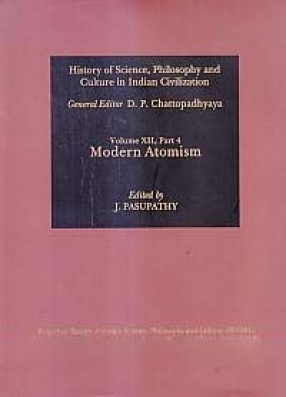
History of Science, Philosophy and Culture in Indian Civilization

Showing all 24 books

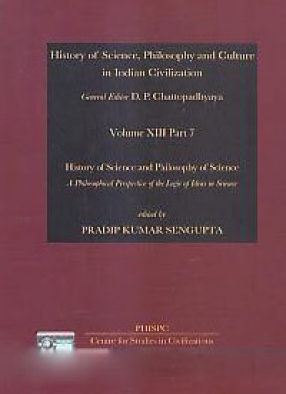
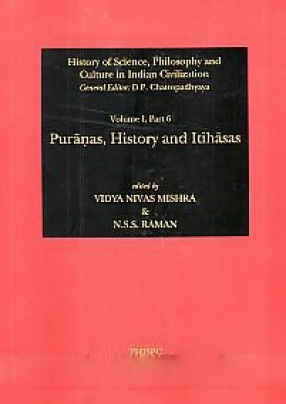
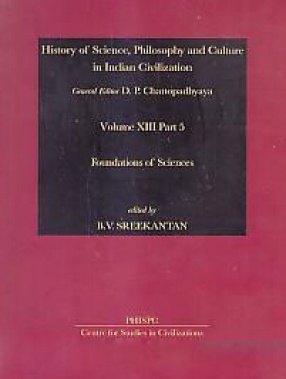
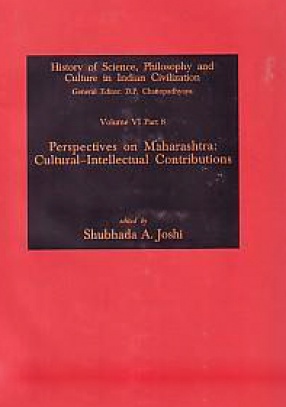
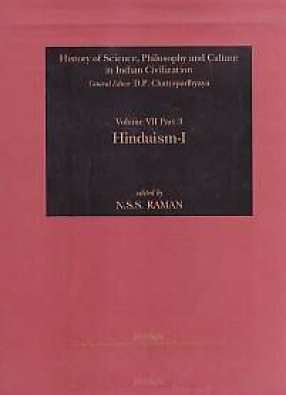
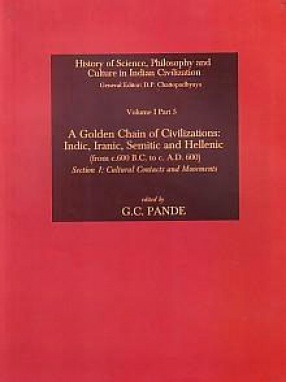
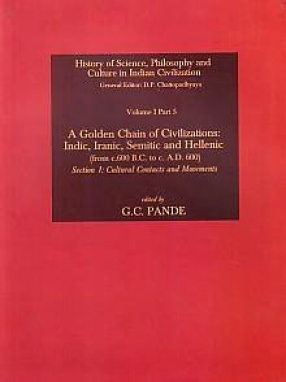
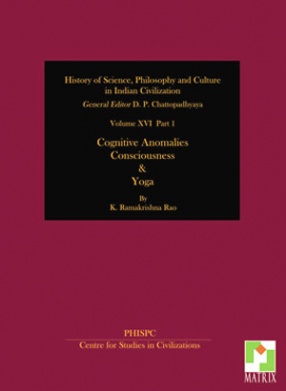
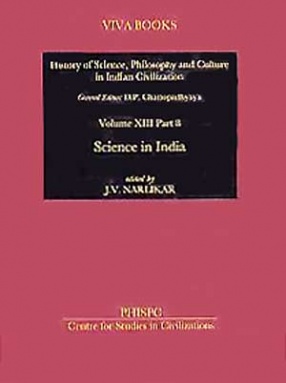
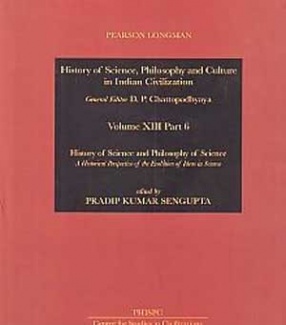
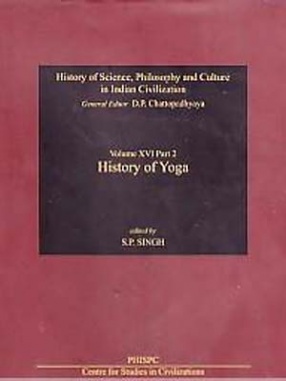
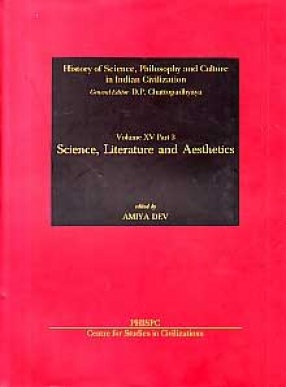
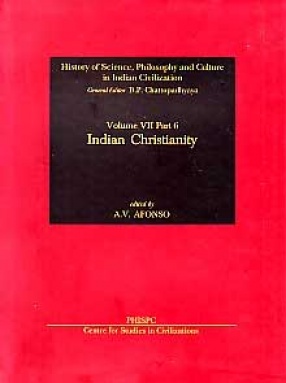


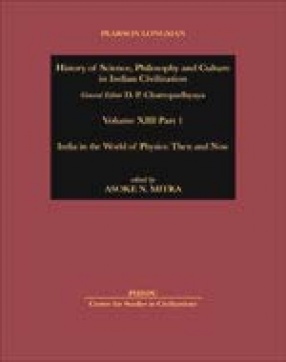


This book is part of a volume on history of science and philosophy of science. It focuses on philosophy of science, viewing science as an open-ended quest. Philosophy of science, as presented in this book, upholds that scientific results are provisional: there cannot be a claim of absolute certainty. It highlights some broad tendencies in the philosophical perspective of the logic of ideas in science—relating structural inquiries, knowledge claims, ...



Perspectives on Maharashtra: Cultural-Intellectual Contributions aim at discovering the main aspects of India's heritage and present them in an interrelated way. These volumes in spite of their unitary look recognize the difference between the areas of material civilization and those of ideational culture. The Project is not being executed by a single group of thinkers and writers who are methodologically uniform or ideologically identical in their ...

The volumes of the PROJECT ON THE HISTORY OF SCIENCE, PHILOSOPHY AND CULTURE IN INDIA CIVILIZATION aim at discovering the main aspects of India’s heritage and present them in an interrelated way. In spite of their unitary look, these volumes recognize the difference between the areas of material civilization and those of ideational culture. The project is not being executed by a single group of thinkers and writers who are methodologically uniform or ...

The perspective of historical interpretation here, as in the previous volumes of the PHISPC series, is interpretative pluralism. While it insists on the critical and rigorous examination of historical sources and the rule of evidence for all factual statements, it does not insist on any specific interpretative perspective: whether orientalist, nationalist, liberal, Marxist, modernist, or traditionalist – for history as a story can, perhaps, never be ...

The perspective of historical interpretation here, as in the previous volumes of the PHISPC series, is interpretative pluralism. While it insists on the critical and rigorous examination of historical sources and the rule of evidence for all factual statements, it does not insist on any specific interpretative perspective: whether orientalist, nationalist, liberal, Marxist, modernist, or traditionalist – for history as a story can, perhaps, never be ...
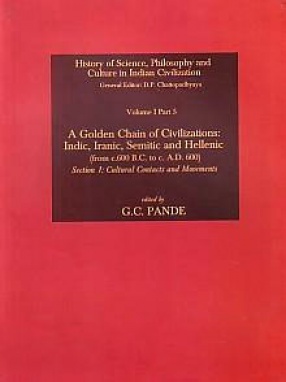
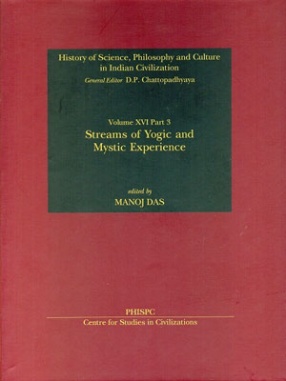
Yoga goes back to the dawn of human consciousness, to the first awakening of humanity's earliest aspiration for God, Light, Freedom, Bliss and Immortality. Despite vicissitudes of time this quest of man had resurfaced again and again-and this 'earliest formula of Wisdom promises to be its last,' says Sri Aurobindo. Great disciplines of Yoga such as Jnana, Karma and Bhakti apart, numerous schools bearing the name developed in India over the centuries, ...

Cognitive Anomalies, Consciousness and Yoga is Professor Ramakrishna Rao’s magnum opus, a culmination of life-long to develop a comprehensive model of the person that is inclusive or our rational, emotional and spiritual dimensions without reducing or converting one into another. Professor Rao brings his vast scholarship in eastern and western thought systems and his experience as a practicing scientist and psychologist for a unified understanding of human ...

With the Industrial Revolution in the West began a spurt in scientific and technological developments. Which have undergone spectacular, at once amazing changes with the atomic, electronic, and ‘chip’ revolution of the 20th century. The East, which gave the seeds of civilization to the other world: philosophies, religions, logic, mathematics, science and arts, regressed into oblivion – due to reasons that are not far to seek. In India, the ...
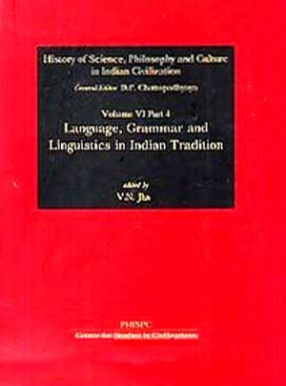

Section 1. The cosmos and the classical world Section 2. The quantum world and elementary particles Section 3. Machine, life and consciousness.

The volumes of the Project on the History of Science, Philosophy and Culture in Indian Civilization aim at discovering the main aspects of India's heritage and present them in an interrelated way. In spite of their unitary look, these volumes recognize the difference between the areas of material civilization and those of ideational culture. The project is not being executed by single group of thinkers and writers who are methodologically uniform or ...
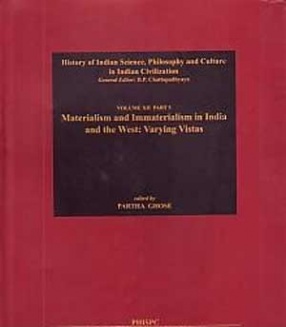
The Volumes of the Project on the History of Science, Philosophy and Culture in Indian Civilization aim at discovering the main aspects of India's heritage and present them in an interrelated way. In spite of their unitary look, these volumes recognize the difference between the areas of material civilization and those of ideational culture. The project is not being executed by a single group of thinkers and writers who are methodologically uniform or ...

section 1. Issues in focus -- section 2. World thought systems : some instances -- section 3. Indian modernity : some instances.
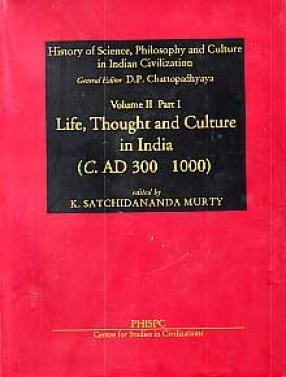


The Volume is a part in the series of the Project (PHISPC), the aim of which is to discover the main aspects of Indian culture and civilization in the given socio-historical matrix narrated by Indian historians and historiographers. Every age rewriters its own history with fresh reassertion of having discovered newer truths. The most important characteristic of being human is to be self-aware and to deepen the knowledge of this self-consciousness in all ...

The volumes of the Project of History of Science, Philosophy and Culture in Indian Civilization aim to discover the central aspects of India's heritage and present them in an interrelated manner. In spite of their unitary look, these volumes recognize the difference between the areas of material civilization and those of ideational culture. The Project is not being executed by a single group of thinkers, methodologically uniform or ideologically identical in ...

The volume seeks to provide a bird's eye view of globally significant contributions by Indian physicists in post World War II India. Each of the 11 parts of the book highlights contributions in a particular area of physics, judged significant by a common international standard. It begins by charting the path from quantum field theory to string theory. It then proceeds to developments in classical physics, from probability and stochastic processes to nonlinear ...
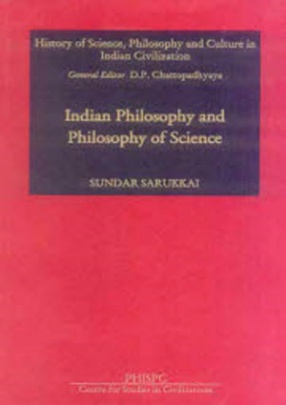
Philosophy of Science draws upon different traditions in Western philosophy, starting from the ancient Greek. However, there is a conspicuous absence of non-Western philosophical traditions, including the Indian, in philosophy of science. This book argues that Indian rational traditions such as Indian logic, drawn from both Buddhist and Nyaya philosophies, are not only relevant for philosophy of science but are also intrinsically concerned with scientific ...
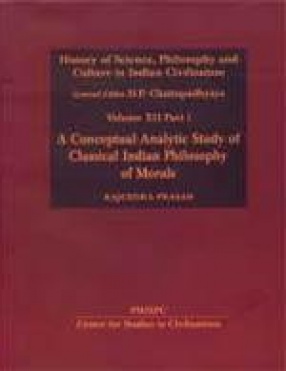
The volumes of the Project on History of Science, Philosophy and Culture in Indian Civilization aim to discover the central aspects of India's heritage and present them in an interrelated manner. In spite of their unitary look, these volumes recognize the difference between the areas of material civilization and those of ideational culture. The project is not being executed by a single group of thinkers, methodologically uniform or ideologically identical in ...
